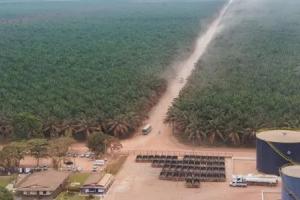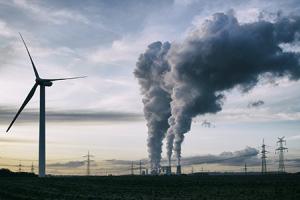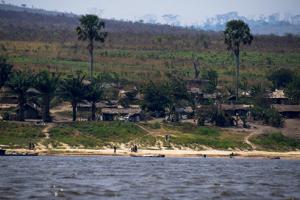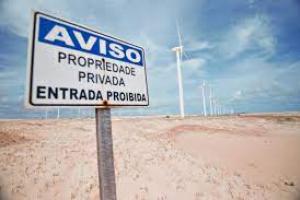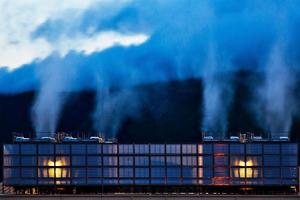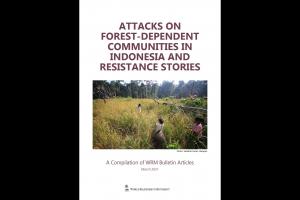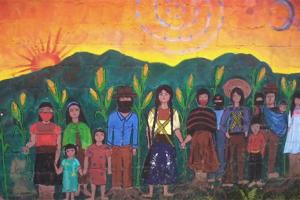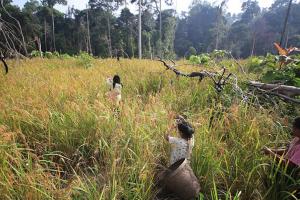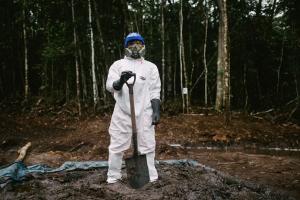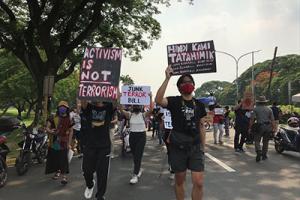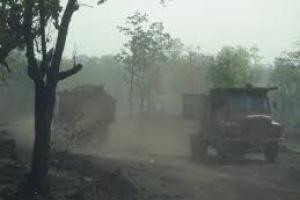Mega Dams and Other Infrastructure
Industrial operations require a vast network of infrastructure: roads, ports, waterways, railways, etc. They cut through forests and communities’ territories in order to transport commodities and minerals to industrial centres. Mega dams, although said to provide “clean energy,” flood forests and generate energy primarily for polluting industries and large urban centres.
The statement calls on climate, environmental and social justice movements to unequivocally reject “Nature-Based Solutions” and all offset schemes because they are not designed to address the climate crisis. It remains open for sign-on until the end of 2021.
This bulletin aims to reflect on the extraction, violence and oppression related to the so-called energy ‘transition’ and its ‘green’ camouflage. A transition from what? And towards what?
Industrial-scale renewable energy infrastructure has seen a revival in the agenda of the ‘energy transition’ and as part of the economic recovery plans in front of the pandemic. Besides, the production of ‘green hydrogen’ from these projects adds another layer of injustices.
In dominant models of energy production and consumption, the centralization of the energy matrix and the concentration of decision-making power remain, and with all the marks of inequalities, patriarchy and environmental racism, even if the source of energy has changed.
The so-called ‘digital economy’ is usually promoted as one that has a relatively low impact on the environment, one in which material resources are largely unnecessary. But what (and who) is being hidden by such images of an almost ethereal and cleaner economy?
WRM Bulletin Compilation. Available in English and Indonesian.
WRM spoke with close allies from Brazil, Gabon, India, Mexico and Mozambique, to hear from them and learn about their understandings of development.
The approval of a road construction inside the first Ecosystem Restoration Concession in Indonesia puts in evidence the inherent contradictions of such concessions. (Available in Indonesian)
Communities have a long history of confronting the disasters imposed by corporations and elites. For them, the “emergency” was a reality well before the Covid-19 pandemic. Yet, profit-seekers are abusing the situation to advance land grabs and roll back legislation.
Members of the WRM’s Advisory Committee were invited to contribute to this special Bulletin with reflections on the devastating situation of deepening injustices that forest communities and peasant families around the world are facing due to the Covid-19 pandemic.

